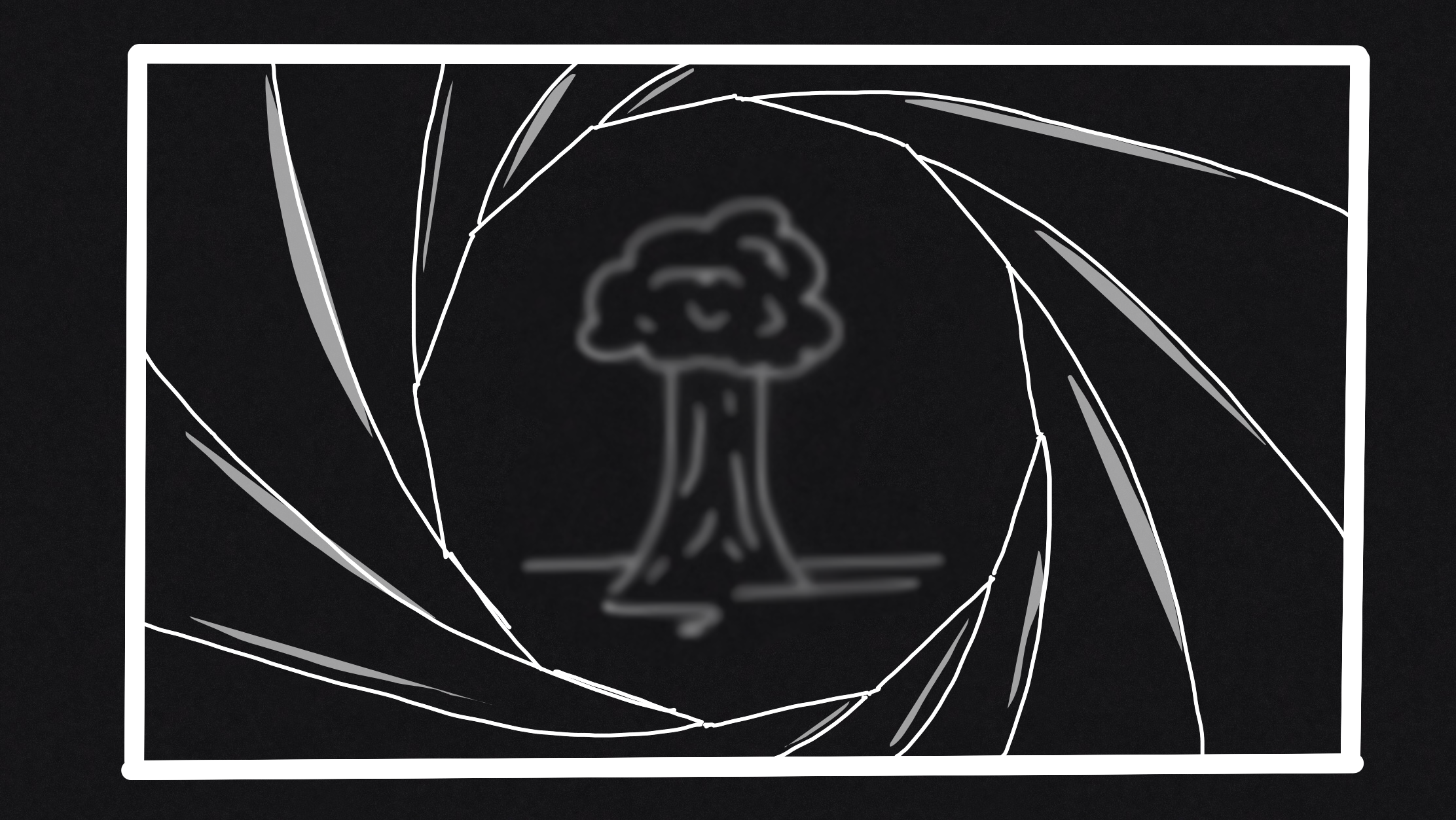
I recently finished reading Beyond Good and Evil by Friederich Nietzsche, translated by R. J. Hollingdale. Frankly, it was one of the most profound, challenging and at times abstract texts that I’ve ever read.
Throughout the book, I came across numerous sections that seemed almost prophetic (aside from some of the more outdated and even offensive sections about women). On the more positive side, Nietszche seemed to have an unbelievable ability to see into human nature, balancing arguments of morality, history, nationalism, science, knowledge, prejudice and nobility. What stood out to me particularly, however, was the way that he argued how people view the world (and thinking about it today, how little has really changed). Section 192 (p. 115) in the chapter On the Natural History of Morals is the best example of this:
‘ As a little as a reader today reads all the individual words (not to speak of the syllables) of a page — he rather takes about five words in twenty haphazardly and ‘conjectures’ their probable meaning — just as little do we see a tree exactly and entire with regard to its leaves, branches, colour, shape; it is so much easier for us to put together an approximation of a tree. Even when we are involved in the most uncommon experiences we still do the same thing: we fabricate the greater part of the experience and can hardly be compelled not to contemplate some event as its ‘inventor’. All this means: we are from the very heart and from the very first — accustomed to lying. Or to put it more virtuously and hypocritically, in short, more pleasantly: one is much more of an artist than one knows.’
Nietzsche published his book in 1886, prior to all the brilliant scientific, technological and medical advancements of the 20th and early 21st centuries. Today, I believe that many people still take for granted a range of technologies that enable us to see, appreciate and interact with the world in all of its complexity, be they satellites, smartphones or medical imaging equipment that takes things down to the most microscopic level. With all the knowledge that we have accumulated and that is now instantly accessible on the Web, people still view the world in a way that is general, narrow and even prejudiced.
Going back to what Nietzsche says about the words and syllables on a page: think about the way that you read online and perhaps are even reading this right now. People now skim over and scan through texts hurriedly, searching for keywords and not always paying the finest attention to each word on the page. We are always in a rush, constantly aware of the next possible piece of content in a feed or upcoming video recommendation. In every text, word choice is deliberate and we don’t always read texts in a way that is critical, appreciative or respectful of the author.
In the excerpt above, I paid particular attention to the words ‘fabricate’ and ‘inventor’. I would argue that many people use our powerful communication tools—smartphones and the Web, specifically— as tools of their own fabrication and invention. Social media, whilst possessing the enormous potential for good and global connection, have become the ultimate channels for lying and misrepresentation. Consider filters on Snapchat, stories on Instagram, sensationalist threads and ‘fake news’ on Twitter and controversial live streams on Facebook: all of these media now offer influencers and casual users alike a way to reduce the complexity and beauty of the world to marketable bits and fabricate desired identities, world-views and narratives.
Beyond the simple, typical use of things like filtered photography to present a preferred image of yourself online, we now see people misusing technology to the point that it distorts their own view of lived events. This ranges from viewing an entire live concert through one’s screen whilst video-recording (affecting appreciation and memory of the event), all the way to live-streaming a massacre on Facebook. What should be tools for connecting people end up becoming either banal habits or ways of publicly destroying people’s lives. As Nietzsche put it, we see ourselves as the inventors of events.
In a world that now requires a relentless stream of new content, producers and viewers now risk a distorted view of the world, opting for ‘an approximation of a tree’ rather than appreciating its entire composition. These mainstream, digital tools, as Nietzsche put so well, have now shown that really ‘one is much more of an artist than one knows’, fabricating and inventing narratives as one sees fit. We are now artists of our own existence. We use new technologies to exacerbate and perpetuate our worst behaviours.
My question is: how many people today are aware that they are fabricating their own world and how many have lost sight of it? The next time that you go to post something online or quickly skim through an article, stop to think about how your production and consumption habits are affecting your own (and others’) view of the entire tree. Look beyond the approximation.